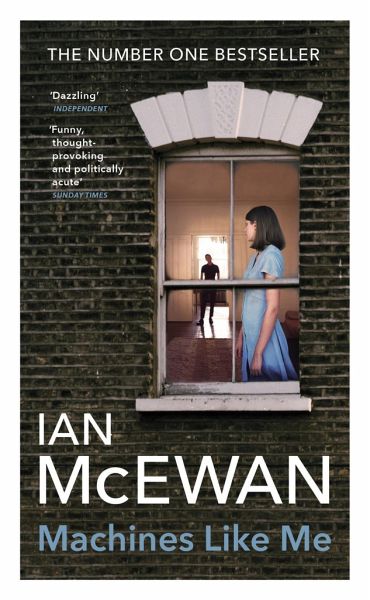
Toward non-intuition-based machine and artificial intelligence ethics: A deontological approach based on modal logic. I applied for an apple card: What they offered was a sexist insult, Fast Company. Guyer (Ed.), The Cambridge companion to Kant. Introduction: The starry heavens and the moral law. Arlington: Defense Advanced Research Projects Agency (DARPA). Explainable artificial intelligence (XAI). On automating the doctrine of double effect. Model-free, model-based, and general intelligence. Connectionism and cognitive architecture: A critical analysis. Amazon scraps secret AI recruiting tool that showed bias against women. Philosophical Studies, 37, 22–23.ĭastin, J. The hidden biases in big data, Harvard Business Review, 1(4). In Proceedings of the AAAI/ACM conference on AI, ethics, and society, pp.

A just approach balancing Rawlsian leximax fairness and utilitarianism. Toward a general logicist methodology for engineering ethically correct robots.

MIT Press.īringsjord, S., Arkoudas, K., & Bello, P. Bekey (Eds.), Robot ethics: the ethical and social implications of robotics. The divine-command approach to robot ethics. Organizational Behavior and Human Decision Processes, 136, 95–105.īringsjord, S., & Taylor, J. Bounded awareness: Implications for ethical decision making. Annual Review of Law and Social Science, 8, 85–104.īazerman, M. Behavioral ethics: Toward a deeper understanding of moral judgment and dishonesty. Princeton, NJ: Princeton University Press.īazerman, M. Blind spots: Why we fail to do what’s right and what to do about it. Negotiation and Conflict Management Research, 4(1), 8–11.īazerman, M.

California Law Review, 104(3), 671.īazerman, M. Menlo Park, CA: The AAAI Press.īarocas, S., & Selbst, A. AAAI fall symposium on machine ethics (pp. Toward ethical robots via mechanized deontic logic. In contrast to Isaac Asimov's "Three Laws of Robotics," McEwan raises the ultimate question about human responsibility for machines through the fictional character Turing's critique of Charlie's hammering Adam to death.Arkoudas, K., Bringsjord, S., & Bello, P. By focusing on the machine, Adam's engagements with human life, it examines McEwan's rewriting of the Turing Test, in which he changes the question "Can machines think?" to "Can machines lie?" Charlie and Adam's different responses to Miranda's lie about her sexual attack reveal their competing ethical positions and attitudes.

From Alan Turing to Ian McEwan: Artificial Intelligence, Lies and Ethics in Machines Like Me From Alan Turing to Ian McEwan: Artificial Intelligence, Lies and Ethics in Machines Like MeĪbstract:Taking Machines Like Me as its foci of analysis, this article intends to interrogate Ian McEwan's rejoinder to Alan Turing on such issues as artificial intelligence, machines and ethics.


 0 kommentar(er)
0 kommentar(er)
